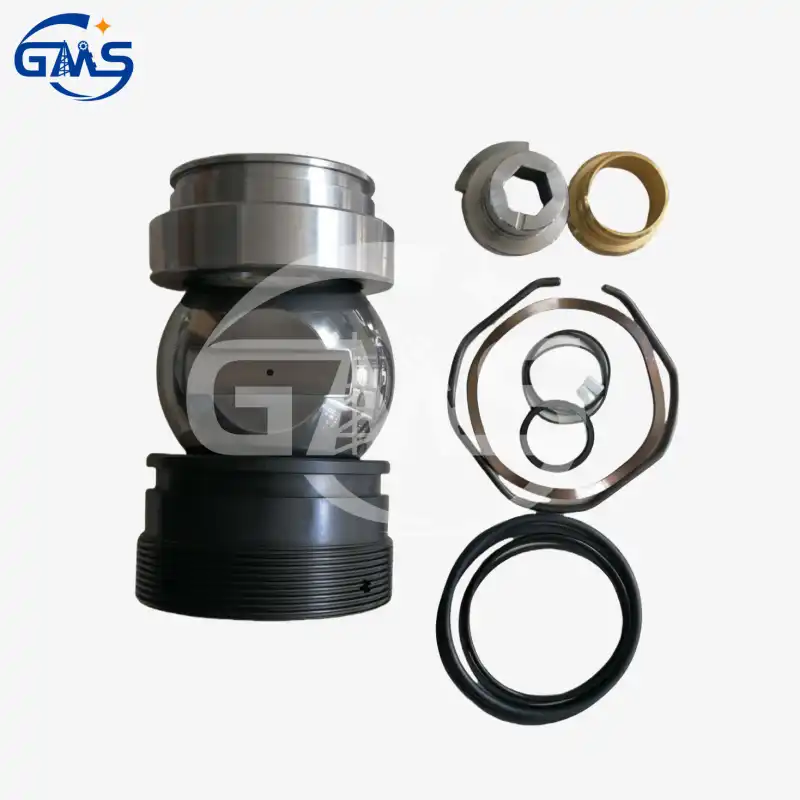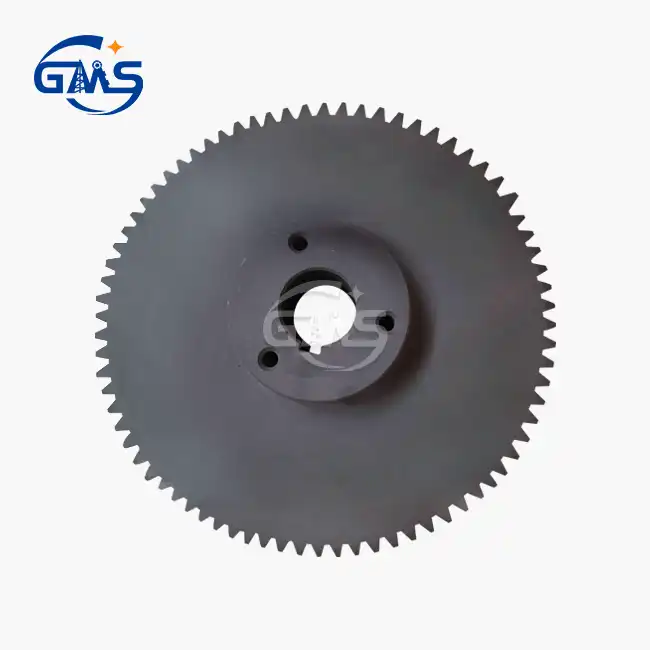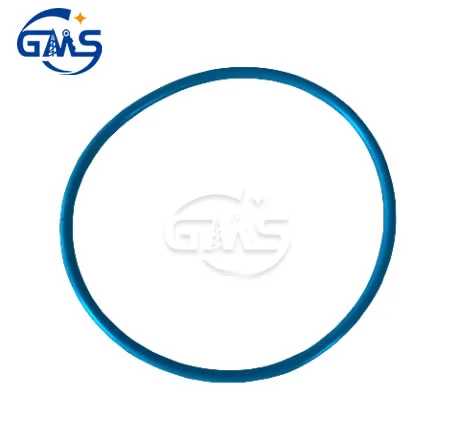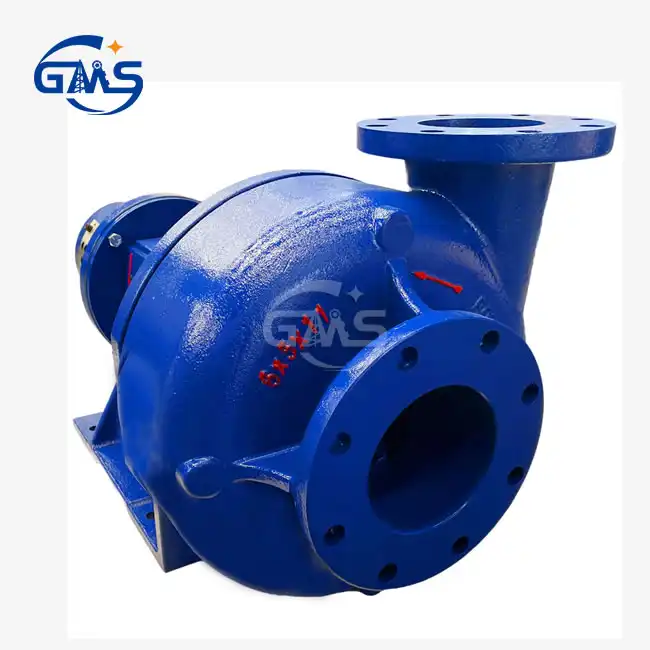- English
- French
- German
- Portuguese
- Spanish
- Russian
- Japanese
- Korean
- Arabic
- Greek
- German
- Turkish
- Italian
- Danish
- Romanian
- Indonesian
- Czech
- Afrikaans
- Swedish
- Polish
- Basque
- Catalan
- Esperanto
- Hindi
- Lao
- Albanian
- Amharic
- Armenian
- Azerbaijani
- Belarusian
- Bengali
- Bosnian
- Bulgarian
- Cebuano
- Chichewa
- Corsican
- Croatian
- Dutch
- Estonian
- Filipino
- Finnish
- Frisian
- Galician
- Georgian
- Gujarati
- Haitian
- Hausa
- Hawaiian
- Hebrew
- Hmong
- Hungarian
- Icelandic
- Igbo
- Javanese
- Kannada
- Kazakh
- Khmer
- Kurdish
- Kyrgyz
- Latin
- Latvian
- Lithuanian
- Luxembou..
- Macedonian
- Malagasy
- Malay
- Malayalam
- Maltese
- Maori
- Marathi
- Mongolian
- Burmese
- Nepali
- Norwegian
- Pashto
- Persian
- Punjabi
- Serbian
- Sesotho
- Sinhala
- Slovak
- Slovenian
- Somali
- Samoan
- Scots Gaelic
- Shona
- Sindhi
- Sundanese
- Swahili
- Tajik
- Tamil
- Telugu
- Thai
- Ukrainian
- Urdu
- Uzbek
- Vietnamese
- Welsh
- Xhosa
- Yiddish
- Yoruba
- Zulu
Gland assy,packing used in 250 centrifugal pumps
When it comes to maintaining the efficiency and reliability of centrifugal pumps, understanding the sealing mechanisms is crucial. One of the most fundamental questions operators and maintenance teams face is: what type of packing is used in centrifugal pumps? The answer involves various materials and configurations, each designed to prevent leakage around the pump shaft while ensuring optimal performance. Gland packing in centrifugal pump systems serves as a critical sealing solution, and selecting the right type can significantly impact operational costs and pump longevity. Centrifugal pumps typically use braided compression packing, commonly referred to as gland packing in centrifugal pump assemblies. This sealing method consists of soft, pliable materials that are braided or formed into rings and installed in the stuffing box surrounding the drive shaft. The most widely used materials include graphite, carbon, PTFE (Teflon), aramid fibers, and various synthetic compounds. These materials are chosen based on specific operating conditions such as temperature, pressure, chemical compatibility, and shaft speed. The packing rings are compressed by a gland assembly, creating a seal that prevents process fluid from escaping along the shaft while allowing a controlled amount of leakage for lubrication and cooling purposes.
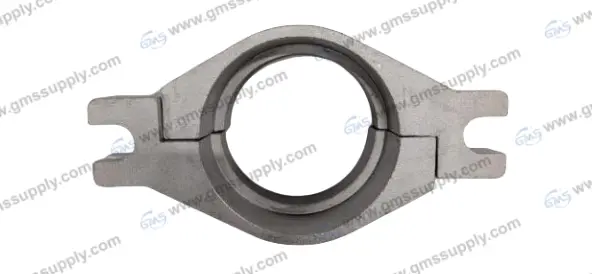
Understanding Gland Packing Materials and Configurations
The selection of appropriate gland packing materials is fundamental to achieving reliable sealing performance in centrifugal pump applications. Braided graphite packing remains one of the most popular choices due to its exceptional temperature resistance, chemical compatibility, and self-lubricating properties. Graphite packing can withstand temperatures ranging from cryogenic conditions to over 650°F (343°C), making it suitable for demanding industrial applications in oil and gas drilling, chemical processing, and power generation. The material's inherent lubricity reduces friction against the shaft, minimizing wear and extending service life. For the Gland assy, packing GMS2504/20622A/641103338/P25PG specifically designed for MISSION MANGNUM PUMP, MISSION 2500, and MCM 250 PUMP applications, the material composition is engineered to handle the rigorous demands of mud pumping operations commonly encountered in drilling operations. PTFE-based packing materials offer excellent chemical resistance and are particularly effective in handling corrosive fluids, acids, and alkaline solutions. These packings typically incorporate PTFE fibers braided with reinforcing materials such as aramid or carbon to enhance mechanical strength and dimensional stability. Carbon packing provides good thermal conductivity and wear resistance, making it ideal for high-speed applications where heat dissipation is critical. Modern gland packing in centrifugal pump systems often combines multiple materials in a single packing set to optimize performance across various parameters. For instance, a packing set might include graphite rings for their sealing capabilities, PTFE rings for chemical resistance, and aramid rings for structural integrity. The Gland assy, packing configuration available from GMS includes carefully selected materials that balance sealing effectiveness with operational durability, ensuring reliable performance in mission-critical applications.
The stuffing box design and packing configuration significantly influence sealing performance. A typical packing arrangement includes multiple rings of packing material, usually five or six rings, installed in the stuffing box with proper orientation. Many installations incorporate a lantern ring, also known as a seal cage, positioned in the middle of the packing set. This component allows the introduction of flush fluid to lubricate and cool the packing while preventing process fluid from reaching atmospheric pressure at the gland. The gland follower, or packing gland, compresses the packing rings to create the necessary sealing force. Proper compression is critical—too much compression generates excessive heat and accelerates wear, while insufficient compression results in excessive leakage. Replacement components like the 20622A, 641103338, and P25PG models are precision-manufactured to ensure proper fit and function within the stuffing box assembly, maintaining the tight tolerances required for effective sealing.
Installation and Maintenance Best Practices for Gland Packing
Proper installation of gland packing in centrifugal pump systems is essential for achieving optimal performance and maximizing packing life. The installation process begins with thorough preparation of the stuffing box and shaft sleeve. All old packing material must be completely removed, and the stuffing box should be cleaned of any debris, scale, or deposits. The shaft or shaft sleeve surface must be inspected for scoring, wear, or corrosion, as any surface irregularities will compromise packing performance and accelerate wear. Surface roughness should typically be maintained between 32 and 63 micro-inches Ra for most packing applications. If the shaft sleeve shows significant wear, it should be replaced before installing new packing. GMS offers comprehensive support for 250 Type Centrifugal Pumps, providing not only the Gland assy, packing components but also technical guidance to ensure proper installation procedures are followed. The packing rings must be cut to the correct length, ensuring that the ends butt together without gaps or overlap when installed in the stuffing box. Each ring should be installed individually, with the joints staggered at approximately 90-degree intervals to prevent leakage paths. The rings should be firmly seated in the bottom of the stuffing box using a tamping tool or split bushing before installing the next ring. When a lantern ring is used, it must be positioned to align with the flush connection in the stuffing box. After all packing rings are installed, the gland follower is positioned and the gland bolts are tightened evenly in a cross-pattern to ensure uniform compression. Initial adjustment should allow a steady drip of leakage—typically 40 to 60 drops per minute—which provides necessary lubrication and cooling. This controlled leakage is a normal and essential characteristic of compression packing systems. The None aspect of over-tightening cannot be overstated, as excessive compression is the leading cause of premature packing failure, generating heat that breaks down the packing material and damages the shaft.
Maintenance of gland packing systems requires regular monitoring and periodic adjustment. During the break-in period, typically the first 15 to 30 minutes of operation, the packing will conform to the shaft and seat in the stuffing box, requiring the gland to be tightened slightly to maintain proper leakage rate. Operators should monitor packing temperature, leakage rate, and any unusual noise or vibration that might indicate problems. Packing temperature should not exceed 160°F (71°C) for most materials, though high-temperature packings can tolerate higher temperatures. Excessive temperature indicates inadequate lubrication or over-compression. The gland bolts should be tightened gradually and evenly, never more than one-quarter turn at a time, allowing the pump to run for several minutes between adjustments. When leakage can no longer be controlled by gland adjustment, or when the gland has reached the end of its adjustment range, the packing must be replaced. Regular replacement using quality components such as the Gland assy, packing models available from GMS ensures reliable pump operation and prevents costly downtime in critical applications.
Comparing Gland Packing with Mechanical Seals
While mechanical seals have gained widespread adoption in modern centrifugal pump designs, gland packing in centrifugal pump applications continues to offer distinct advantages in specific scenarios. Understanding the comparative benefits and limitations of each sealing method enables informed decision-making when selecting or replacing pump components. Mechanical seals provide virtually leak-free operation, consisting of precisely machined rotating and stationary faces that maintain contact through spring force and hydraulic pressure. These seals are ideal for applications involving hazardous, volatile, or expensive fluids where even minimal leakage is unacceptable. However, mechanical seals require precise installation, close tolerance shaft and housing dimensions, and controlled operating conditions. They are also significantly more expensive than compression packing systems, with costs ranging from three to ten times higher depending on seal complexity and materials. Compression packing systems, including quality replacement options like those provided by GMS, offer several practical advantages that make them preferable in many industrial applications. The initial cost of packing is substantially lower than mechanical seals, making it an economical choice for budget-conscious operations or non-critical applications. Installation and replacement of packing requires minimal specialized tools or training, whereas mechanical seal installation demands precise procedures and often specialized equipment. Packing systems are more forgiving of shaft misalignment, runout, and end play, conditions that would quickly destroy a mechanical seal. In abrasive services, such as slurry pumping or drilling mud applications common in oil and gas operations, packing can tolerate suspended solids that would rapidly wear out mechanical seal faces. The Gland assy, packing designed for MISSION MANGNUM PUMP, MISSION 2500, and MCM 250 PUMP applications is specifically engineered to handle these challenging conditions.
For operations where equipment reliability is paramount but budget constraints limit investment in premium components, high-quality replacement packing offers an excellent value proposition. GMS specializes in providing cost-effective alternatives that maintain performance standards while reducing operational expenses. Our replacement components, including the 20622A, 641103338, and P25PG models, are manufactured to precise specifications ensuring compatibility with standard pumps from Mission Magnum, MCM 250, Halco, Mattco, Harrisburg, SPD Mud Hog, TSC, Forum, and Russian brands including ISHNS, GShN, AGShN, and INS-220. This broad compatibility ensures that operators can source reliable components regardless of their original equipment manufacturer. The key advantage of selecting quality packing alternatives lies in the significant cost savings—typically 30% to 60% lower than OEM components—while maintaining the performance characteristics required for reliable operation. For facilities managing multiple pumps or operating in remote locations where downtime is costly, maintaining adequate inventory of packing components becomes economically feasible when using cost-effective alternatives.
Application-Specific Considerations for Oil and Gas Operations
The oil and gas industry presents unique challenges for centrifugal pump sealing systems, making the selection of appropriate gland packing in centrifugal pump assemblies particularly critical. Drilling operations involve pumping abrasive drilling mud containing various solid particles, high pressures, continuous operation cycles, and exposure to corrosive additives and hydrocarbons. These conditions demand packing materials and designs that can withstand severe mechanical stress while maintaining sealing integrity. Graphite-based packings enhanced with corrosion inhibitors and wear-resistant additives are commonly specified for these applications. The packing must accommodate the abrasive nature of drilling fluids without excessive wear while maintaining adequate sealing as the shaft sleeve gradually wears. GMS has specialized in drilling machinery supply for over 15 years, developing deep expertise in the specific requirements of mud pump and centrifugal pump applications in this demanding sector. Temperature management becomes critical in continuous-operation drilling pumps. The friction generated between packing and shaft creates heat that must be dissipated to prevent packing degradation and shaft damage. Flush systems introduce cooling fluid—either clean process fluid or an external flush source—through the lantern ring to remove heat and provide lubrication. In cold weather operations, particularly in offshore or arctic drilling, packing materials must remain flexible and maintain sealing effectiveness at low temperatures. Conversely, in high-temperature wells or when handling hot drilling fluids, the packing must resist thermal breakdown and maintain dimensional stability. The Gland assy, packing configurations supplied by GMS are designed to handle these temperature extremes, incorporating materials that maintain performance across the wide temperature range encountered in global drilling operations. None of these challenges should compromise safety or operational efficiency, which is why selecting proven components from experienced suppliers is essential.
Maintenance practices in oil and gas operations must balance operational continuity with equipment longevity. Drilling contractors operate on tight schedules where downtime directly impacts project profitability. Having reliable packing components readily available and maintaining appropriate inventory levels ensures that maintenance can be performed quickly during scheduled shutdowns or when unexpected issues arise. GMS addresses this need through extensive stock availability and short lead times, ensuring that critical components like the 20622A, 641103338, and P25PG packing assemblies are available when needed. Our quick response time—typically within two hours—means that technical support and order processing don't create unnecessary delays. For equipment distributors and engineering procurement companies serving the oil and gas sector, partnering with suppliers who understand the urgency and technical requirements of drilling operations provides competitive advantage. The ability to source compatible components for multiple pump brands from a single supplier simplifies procurement and reduces the complexity of maintaining diverse equipment fleets.
Quality Assurance and Supplier Selection Criteria
Selecting a reliable supplier for gland packing in centrifugal pump applications requires evaluating multiple factors beyond initial component cost. Quality consistency is paramount—packing materials must meet consistent specifications across production batches to ensure predictable performance and service life. Manufacturing processes should include proper quality control measures, dimensional verification, and material testing. ISO 9001 certification provides assurance that a supplier maintains documented quality management systems, process controls, and continuous improvement practices. GMS holds ISO 9001 certification, demonstrating our commitment to delivering products that meet international quality standards. This certification ensures that every Gland assy, packing component undergoes rigorous quality checks from raw material receipt through final packaging, guaranteeing that customers receive products with stable quality and reliable performance. Technical support and application engineering assistance add significant value beyond the physical product. Knowledgeable suppliers can provide guidance on material selection, installation procedures, troubleshooting, and optimization of packing performance for specific applications. This expertise proves especially valuable when addressing unusual operating conditions or persistent sealing problems. GMS combines over a decade of industry experience with specialized focus on drilling machinery and centrifugal pump systems, enabling our team to provide informed recommendations tailored to customer needs. Our applications span oil and gas exploration, mining, engineering construction, wastewater treatment, food processing, and woodworking machinery, giving us broad exposure to diverse operating environments and challenges. This experience base allows us to anticipate potential issues and recommend preventive measures that enhance reliability and reduce total cost of ownership.
Logistics capabilities significantly impact operational efficiency. Fast delivery times minimize inventory carrying costs and reduce the risk of stockouts that could cause equipment downtime. Suppliers with substantial inventory can fulfill urgent orders immediately, while those operating on build-to-order models may introduce unacceptable delays. GMS maintains stock of most items, ensuring fast delivery to keep your operations running smoothly. Our commitment to short lead times is backed by streamlined processes that reduce order fulfillment time. Additionally, responsive customer service—with reply times typically within two hours—ensures that questions are answered promptly and orders are processed without delay. After-sales support provides additional assurance, giving customers confidence that any quality concerns or technical issues will be addressed professionally. The None tolerance approach to customer service means every inquiry receives attention, and every concern is taken seriously. For operations where pump reliability directly impacts production or safety, these service commitments translate into reduced risk and improved operational outcomes.
Conclusion
Understanding the types and applications of gland packing in centrifugal pump systems is essential for maintaining reliable equipment operation while managing costs effectively. From graphite and PTFE materials to proper installation procedures and maintenance practices, each aspect contributes to sealing performance and service life. For operations in demanding industries like oil and gas drilling, selecting quality replacement components from experienced suppliers offers the optimal balance of performance and value. GMS provides proven Gland assy, packing solutions compatible with major pump brands, delivering cost savings without compromising reliability.
As a leading China gland packing in centrifugal pump factory, supplier and manufacturer, GMS stands ready to support your operational needs with quality products at competitive prices. Our extensive experience as a China gland packing in centrifugal pump wholesale provider means we understand the importance of having reliable components available when you need them. Whether you're searching for gland packing in centrifugal pump for sale or seeking the best gland packing in centrifugal pump price for your budget, our team can provide solutions tailored to your requirements. With ISO 9001 certification, over 10 years of industry experience, fast response times, large inventory, short lead times, excellent after-sales services, and flexible solutions, GMS offers everything you need from a trusted supplier. We invite you to contact our sales team at sales@gmssupply.com to discuss your specific requirements, request quotations, or learn more about how our replacement components can reduce your operational costs while maintaining the reliability your operations demand. Don't let component costs compromise your bottom line—discover the GMS advantage today and experience the difference that quality, service, and value can make for your centrifugal pump operations.
References
1. Karassik, Igor J., Messina, Joseph P., Cooper, Paul, and Heald, Charles C. "Pump Handbook: Fourth Edition." McGraw-Hill Professional, 2008.
2. Brennan, Charles E. "Centrifugal Pump Problems: Causes and Solutions." Concepts ETI Inc., 2012.
3. Bloch, Heinz P. and Geitner, Fred K. "Machinery Failure Analysis and Troubleshooting: Practical Machinery Management for Process Plants." Butterworth-Heinemann, 2012.
4. Nelik, Lev. "Centrifugal and Rotary Pumps: Fundamentals with Applications." CRC Press, 1999.
Learn about our latest products and discounts through SMS or email
